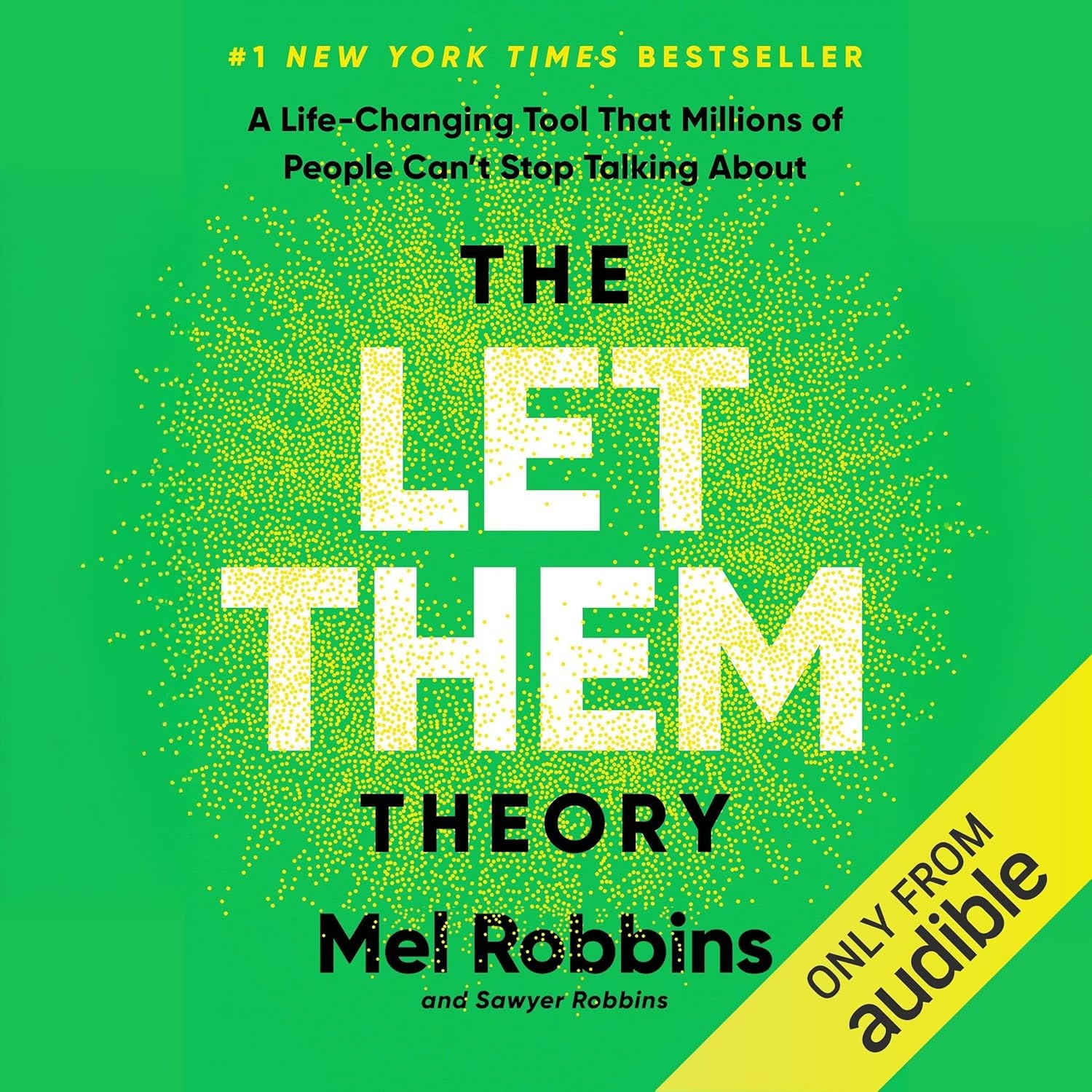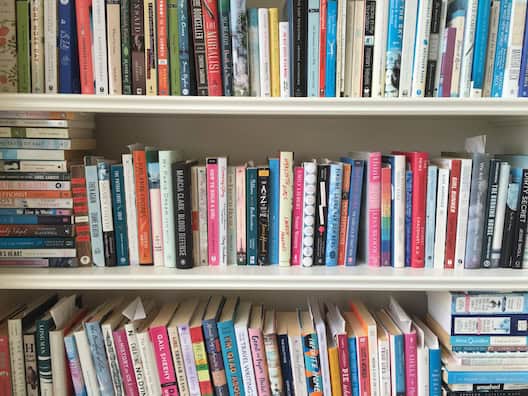![]() If you are a novelist, the question you will be asked most often (after “Should I have heard of you?”) is “Where do you get your ideas?” Well, if you are incorrigibly nosy, and have one of those faces that apparently compels people to tell you stuff (I possess both these traits), ideas for books actually stack up like planes waiting to land.
If you are a novelist, the question you will be asked most often (after “Should I have heard of you?”) is “Where do you get your ideas?” Well, if you are incorrigibly nosy, and have one of those faces that apparently compels people to tell you stuff (I possess both these traits), ideas for books actually stack up like planes waiting to land.
Give me a room of people, and I will give you a novel for every person there, whether it be family secrets, unexplained jealousies, hidden loves or lifelong regrets. The stories are there, all around us, just waiting to be told. And the best ones are always inspired by real life.
So when I decided to write a book that told the interwoven story of two love affairs through different means of communication — email and text now, and handwritten love letters in the early ‘60s — I knew my starting point should be real life.
Almost on a whim, I put an advertisement in a national newspaper asking for examples of real life Dear Johns: the last communication of a love affair, whether it be written, emailed, or punched with fury into a mobile phone. What came back to me made me laugh, cry and wince in sympathy.
Some of them were frankly brutal. “You n me finished,” as were the ubiquitous Facebook updates, “John Smith is no longer in a relationship.” Others were equally harsh, while apparently trying not to be “Happy Birthday! Enclosed is your birthday present, which I hope you like… I am thinking of you especially today… because I have decided that although I love you I am not in love with you. I don’t feel that you are God’s One for me. Anyway, I really hope that you like your present and that you have a fantastic birthday.”
Some were indirect “last letters,” as with the woman who opened a letter addressed to her fiancé from his solicitor, only to find that their planned house purchase “was now to be in his name only.” Others were oddly charming, like this postcard: “Staying in Greece, not coming back to London because you scare me, but in a good way.” And on another postcard, the cheery “Happy Days Are Not To Be… It Really Isn’t You, It’s Me.”
Some raised more questions than they answered, like this letter sent to a female recipient in 1960. “There was no affair between us. If you try to suggest otherwise I shall make clear it was all in your imagination.” There’s a short story in that one, if not an entire novel.
But when it comes down to it, there is no real way to soften the Dear John. Because however elegantly you put it, you are still saying “I just don’t love you.”
What my motley selection of correspondences brought home intensely was that sense of despair when something is abruptly brought to a halt, either through love, betrayal, or circumstance. In my own book, the subject of the title, The Last Letter From Your Lover, turns out not to be the final letter after all.
But what these letters also gave me was the sense of what we miss by no longer writing down our true feelings, or at least crunching our emotions into a short, bald text message. Without hearing, in uncomfortable detail, why a relationship is definitely over, it is too easy to read hope into a short message that suggests your lover “see you around.”
Still, sometimes a last letter is the best thing that can happen to you. My own favourite was forwarded to me by a female relative, who had been shocked and dismayed to receive it from her boyfriend of the time. “There are things that I love about you but there are things I hate too. I guess you should know that I think more and more about the things that bother me about you now. The time you slaughtered that lobster. The way you shouted and clapped at those cows to get them out of the road. Why couldn’t we have just waited for them to pass? We could have missed the cinema… The haphazard way you chop vegetables. Your constant negativity. It took me three coats of paint to paint over where you left your phone number on my wall in red pen. I know I was redecorating but it was a complete waste of paint.” She’s now living with a man who adores her and never questions the way she chops vegetables — which, in my book, qualifies as a happy ending.



